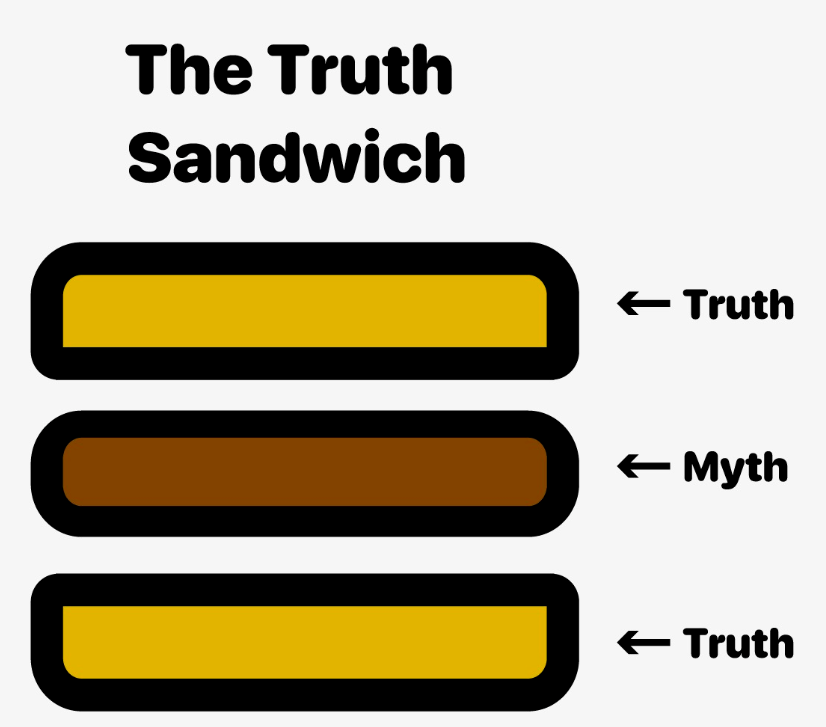
This post is based on information presented by Dr. Syra Madad, senior director of the System-wide Special Pathogens Program at NYC Health + Hospitals and leader of the system’s COVID19 Vaccine Communications and Outreach Workgroup.
With vaccination progress continuing both nationally and within New York City, talking about vaccines has become part of daily conversation. Safe, effective and free COVID-19 vaccines are now available to most New Yorkers including youth ages 12-17, and the percent positivity of COVID-19 testing throughout the city has decreased significantly. While infections show a decreasing trend, vaccines have proven to be a powerful tool that prevents people from becoming infected with the virus.
Getting as many people vaccinated as possible therefore makes for a stronger, better-protected New York City. However, there are some individuals that might still need a boost in confidence when it comes to the available vaccines. Building that confidence in vaccines can be an important part of addressing the hesitancy some still have about getting vaccinated.
Effective Communication
What can you do to build someone’s confidence in the COVID-19 vaccines? Providers and clinicians focus on utilizing the information at hand to educate their patients. However, effective communication strategies can work for anyone. These include:
- Start a conversation
- Choose positive words and phrases
- Have motivational discussions
- Debunk myths and address misinformation
- Keep the conversation ongoing
- Provide resources to get more information
Starting a Conversation
The best way to start and keep a conversation about vaccines going is to keep up your own positivity. Lead with empathy and hear what others have to say instead of moving forward without listening to them. The pandemic has been a difficult ordeal for all of us, and sometimes someone might just need that space to be heard.
Continue the conversation as an active listener and provide tailored information depending on your audience. Ask about someone’s concerns about the vaccine or COVID-19, and appreciate the uniqueness of who you are talking to. Not everyone is the same.
Everyone’s emotions and concerns are valid, and maybe the person you are speaking to needs to know that you hear them. Keep questions open-ended and ask how someone feels about things they have heard or what they want to do next.
Choosing Positive Words and Phrases
Word choice is part of positivity too. Emphasize the good things that vaccines can do for communities, and for the world we live in. Use more words like “benefits” and “saving lives” to describe the positives of getting vaccinated instead of words such as “consequences” and “deaths” that describe the negatives that come from not getting vaccinated.
Having Motivational Discussions
Stick to easy-to-understand phrases about effectiveness, using positive, motivational phrases instead of negative ones. For example, say, “Getting vaccinated will help to keep you and your family safe,” instead of “You could get really sick if you don’t get the vaccine.”
Debunking Myths
For providers, explaining information is part of an everyday process. For all of us, building confidence in vaccines involves sharing the truth about them in a helpful fashion. Use simple sentences when explaining side effects, safety and efficacy.
Another thing you can do is use a “Truth Sandwich” approach when debunking myths and addressing misinformation.

For example, if the myth to be addressed is “Getting the COVID-19 vaccine will give me COVID-19 use the “Truth Sandwich”:
- Start with the truth: The vaccine for COVID-19 cannot and will not give you COVID-19.
- Address the misinformation: The vaccines do not contain the live virus, so you cannot get it from the vaccine. It only contains instructions to make one piece of the virus, called the spike protein, which helps the immune system build protection against COVID-19.
- Return to the truth: Getting vaccinated reduces the risk of severe disease, hospitalization and death.
The key is to always say the truth more times than myths or misinformation.
Keeping Up the Conversation
Sometimes the best motivators are personal stories. Whether you are a provider or not, sharing your own reasons for getting vaccinated can help to convince someone to make that step. Explain the benefits that you know of or have experienced. Peace of mind and being able to see family indoors and in person are some common positive things that vaccinated individuals have found joy in.
No matter what someone chooses to do next, keep listening to them. It might take the right person and the right time for someone to build their confidence in COVID-19 vaccines, but the first step in that process is to talk to them about it.
Sharing Resources
There are numerous resources online to assist you in helping others build vaccine confidence. The NYC Department of Health and Mental Hygiene (DOHMH) has a webpage dedicated to information for health care providers. The Centers for Disease Control and Prevention (CDC) provide training modules and reference materials. NYC Health + Hospitals offers “COVID-19 Vaccine Information for Clinical Staff,” a brief manual that provides a summary of COVID-19 vaccine development and tips on communicating with patients, and “Understanding COVID-19 Vaccines: A guide to learning about COVID-19 vaccines,” which contains a wealth of information about vaccines in general—their history and how they work—and the COVID-19 vaccines specifically, and is a great tool to share with anyone in your life whose vaccine confidence you want to build.